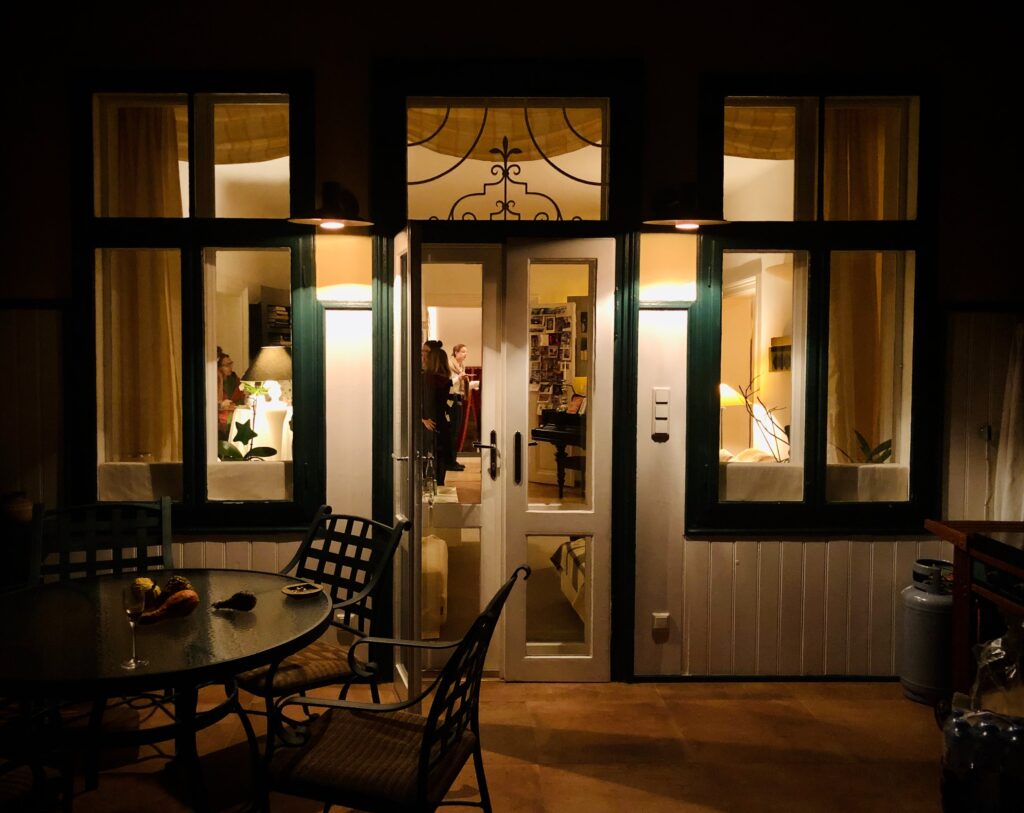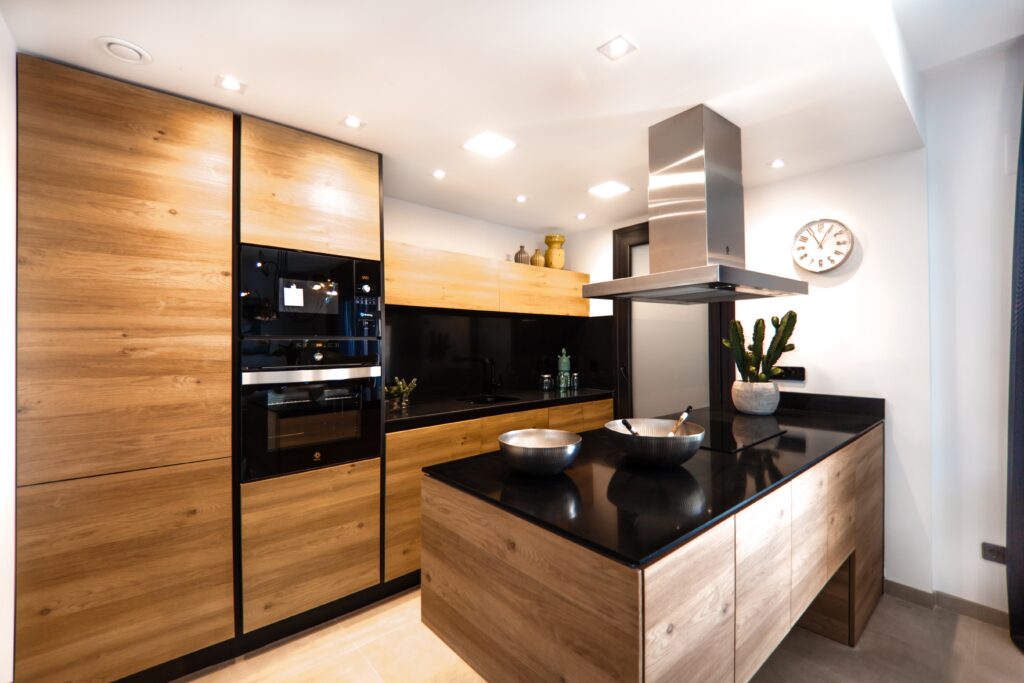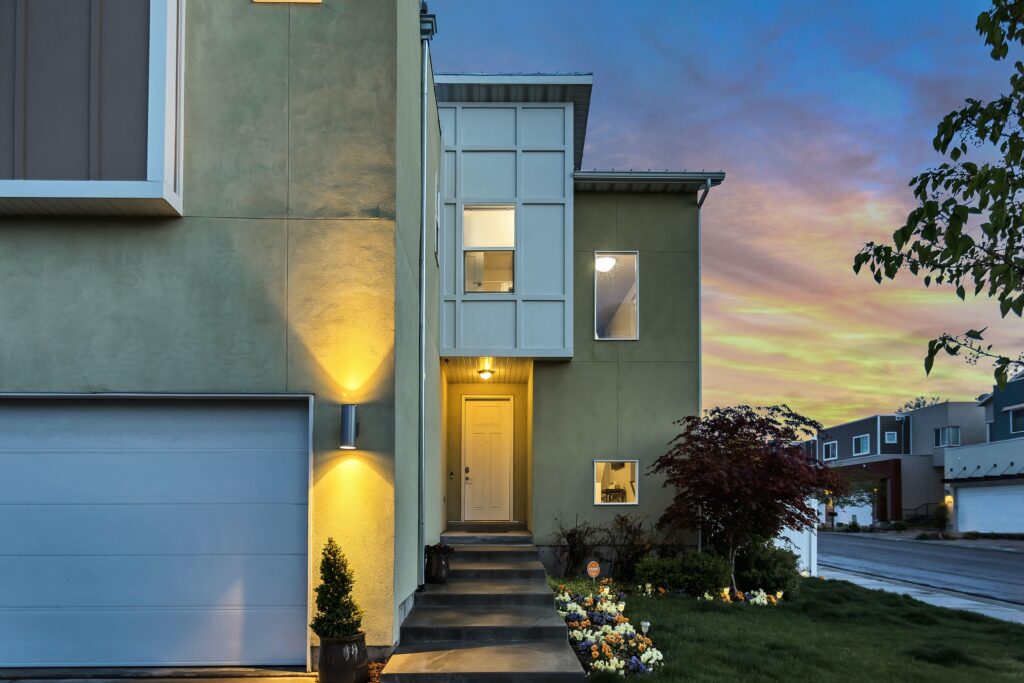Shared Ownership Pros & Cons (5 key pros)
Shared ownership Help to Buy is a government scheme which works by allowing you to buy a share of the property(25-75%) and then paying rent on the rest. The rent you pay is charged at a discount rate and the properties are usually leasehold properties which means you pay ground rent which covers maintenance, insurance etc. You can then go on to buy more additional shares or equity in your property by doing what is known as staircasing. You ofcourse will pay less rent as you own more of the property after staircasing.
- To have an annual maximum household income of £80,000 outside London & £90,000 in London and a monthly income which is at least 65% more than the monthly cost of the shared ownership property you intend to purchase. This, of course, depends on the price of the property and how much you want to purchase(which will directly affect the rent you pay).
Shared ownership isn’t all rosy however, it has a few pros and cons you may want to consider before you decide if a shared ownership home is the best way for you to get on the property ladder.
- You have to pay rent on the percentage of the property you don’t own.
- You will also have to pay a monthly service charge and ground rent as you will do in a lease.
- You can decorate the house as you please but anything that might alter the value of the property such as home improvements should be approved by the housing association or property developer who owns the rest to ensure they agree.
- You will also be only able to sell your share of the property but of course you will still benefit in any rise in property value since you bought it.
- Your housing association or property developer might place restrictions on how and when you can purchase extra shares in your shared ownership home.
- You can’t just sell the property to anybody, the person must be approved by the Shared ownership scheme.
- You won’t be allowed to rent or sub-rent your shared ownership home.
- Increasing your ownership can be costly because you essentially have to get another mortgage to cater for the cost of buying more shares in the property. The mortgage fees as well as other costs you need to put into consideration when staircasing can amount to a lot. You might be liable for further stamp duty, Solicitor costs(These will prove essential to understand your current obligations and then amend the agreement once the staircasing is complete) and valuation costs(You will need to get a property valuation from a qualified surveyor registered with the Royal Institute of chartered surveyors)
- It might be difficult to sell your property due to it being a shared housed home. Your housing association or property developer will likely have the right of first refusal on your property (even if you have purchased 100% of the property). This will insist you wait a certain period of time for them to find a buyer before you can sell it on the open market.
- You could also face being in a position of negative equity as new homes usually include an extra premium on the sale price. If house prices fall, you may fall into negative equity.
- You don’t have greater protection under shared ownership
- Your rights have not increased due to shared ownership so make your payments on time and follow the terms of your agreement.
- The Shared ownership scheme is not exclusively run by the Government but by Banks and building societies as well.
- The Shared ownership scheme is not unique to those on housing benefits or council tenants.
- Anyone can purchase a shared ownership home as long as you earn less than £80,00 outside London(£90,000 in London) and don’t own a property.
- Shared ownership does not mean you share your home with another person. Shared Ownership does not mean this but rather it means that you share the ownership with your landlord, this could be a bank, housing association or a company. You can then buy bigger shares in your shared ownership property by a process called staircasing.
- Shared ownership can allow 100% ownership or not:
- You are not required to buy out your landlord’s share in the property. You can simply own your shares and continue paying rent on the rest for as long as you want without any restrictions. The other option is of course that you slowly buy out your landlord’s share of the property. Be aware that you buy your landlords shares at market value so timing the market might be the best chance of you getting a discount.
For brand new Shared Ownership homes, you must first apply through the regional Help to Buy Agent for the area the property is located in. You must complete the application with them first so they can check you meet the main eligibility criteria. You should then browse properties that you are eligible for, contact the provider and then the buying process begins!
So what is stamp duty?😕
Stamp duty, in short, is a tax payable on all property transactions in the UK.
A new stamp duty relief for first- time buyers gives them a 0% charge on properties up to £500,000. With 0% charged for the first £300,000 and 5% between £300,001 and £500,000. There will be non-relief for those paying above £500,000.
Stamp duty might be due when you buy through a shared ownership scheme. You will have the option to make a one off payment (market value election)or pay your stamp duty in stages.
Paying stamp duty by Market value election💳
With a market value election, you pay stamp duty on the full value of the property at the time of your initial purchase of shares. E.g the property is worth £300,000 and you are a first-time buyer. In this case, you will not be due any stamp duty as you are a first-time buyer. If you weren’t a first-time buyer you would have paid £5,000 in stamp duty. 2% between £125,000 to £250,000 and another 5% between £250,000 and £925,000.
Paying stamp duty in stages💰
You can pay in stages. You will have to pay stamp duty on your initial purchase amount if this amount is above the stamp duty threshold. If your rent over the lifetime of the lease(net present value) is above £125,000.You will have to pay 1% of this amount in stamp duty.
If you purchase more shares you won’t have to submit a return until you own a minimum of 80% of the shares and further transactions after that.
You solicitor will advise you on the best way to proceed with your stamp duty and assist you in filing a Stamp duty return.
What is Ground rent?💸
Ground rent is the rent you pay for the piece of land that your flat or house is built on. It is usually a small amount around £100 to £200 a year. Details of how much your ground rent is, and how often you need to pay it will be included in your lease agreement. Your landlord will usually notify you when a ground rent is due.
Yes, In most cases your shared ownership will be on a shared ownership lease agreement where there is a freeholder who after the lease term surpasses the right to the property returns to. In this case, you might have to pay ground rent.
The rent paid to the Housing Association(if being paid to a housing association) on the share not owned by you will be reviewed periodically, usually every year, and will be increased in line with any proportionate increase in inflation. Note that the rent is only reviewed on an “upwards only” basis and will not go down when reviewed. Your shared ownership lease will provide an example of how this works. Unfortunately, this review is not in place for the ground rent.
Rent for shared ownership schemes is generally calculated as 3% of the equity owned by the landlord. E.g if the property is worth £150,000 and the share owned by the leaseholder is 70% the rent will be 3% of the remaining shares held by the landlord. In this case it will be 3% of the 40% share held by the landlord. In this case, it will be £1350 per year.
Most agreements have a provision that allows the monthly lease cost to move in line with inflation.
To answer this question we must first make the distinction between freehold and leasehold.
A freeholder is someone that owns the property, the ground it stands on and the air above it. You can make alterations to your property at any time. You can sell it to anyone and it belongs to you completely until you decide to sell it. Freehold is the common legal structure for which most UK homes are sold.
A leasehold is a different structure which is very common with flats. With a leasehold you become the owner of the property for the duration of the lease which generally is between 80 to 125 years. Properties with below 80 years worth of lease remaining are consider,ed as short lease properties and a buyer could struggle to get a mortgage on this sort of properties.
Leasehold properties are uniquely different from freeholds as you pay quite a few charges throughout the term of your lease.
Some of the Leasehold charges you may pay include:
- Ground rent
- Service charges
- Building insurance
Alterations cannot be made to leasehold properties without first consulting the leaseholder which will be your landlord.
Shared ownership properties are usually leasehold regardless of if they are flats or houses. The lease will usually be for 90-125 years. The leaseholder(you) can purchase further shares within 3 steps(see staircasing below) in the property to take them to 100%
The shared ownership lease contract is usual but with some more provisions including:
There are certain processes which must be adhered to by your mortgage lender (If your shared ownership property is mortgaged) if they want to repossess your property based on you defaulting on your mortgage payments.
You cannot just sell your property when you have less than 100% ownership and your landlord(housing association etc) might have the first refusal right on your property.
Rent you pay on the unowned shares of the property must be reviewed
You can view a copy of the lease at the land registry and it will include the above provisions as well as information on your mortgage (if you have one).
Yes and No.
If a shared ownership property is a leasehold whereby there is a freeholder who the right of the property transfers back to after the lease term expires then no however under the leasehold reform Act 1967, if there is a provision for the freehold to be transferred to the leaseholder once they have purchased all the shares in the property then this is possible.
Other exemptions apply if the leasehold house was provided for the elderly or within a designated area referred to as a protected area.
A shared ownership leaseholder of a flat only qualifies for the statutory right to extend their lease as the holder of a “long lease” if they have “staircased” up to 100% ownership.
However, the landlord may have their own policy of allowing lease extension where there is less than 100% ownership. You will need to confirm with your landlord to see if such provisions exist.
As rent is paid on the part of the equity not owned by the leaseholder, a landlord can take action to repossess the property for rent arrears in the county court in the same way that a landlord of an assured shorthold tenancy can under the provisions of the Housing Act 1988. If the property is repossessed in these circumstances no compensation is payable to the leaseholder to take into account the balance, between the leaseholder debt and the market value of the leaseholder share in the property.
Yes, if the shared ownership property is a freehold property whereby the agreement between you and your landlord (the freeholder) is one of a shorthold tenancy agreement and not a lease then you should be able to acquire the freehold to the property when you have acquired 100% of the shares in the property.
Yes, You can own 100% if the shares in a property but this doesn’t always mean you will own the freehold of the property.
Most shared ownership homes are flats which are on shared ownership leasehold. These are very similar to a conventional lease agreement but have some core components which make them particular to a shared ownership property. These components are registered with the lease at the land registry.
For 100% ownership where you also become the freeholder you will have to buy shares of a shared ownership property where the agreement between yourself and the landlord is not a leasehold agreement and a freehold can be transferred to you upon staircasing to a 100% ownership.
If you need financial advice and you live in the UK then you could contact the Money Advice service over the phone or via chat for impartial advice.
You can also contact the debt charity “Step Change” if you are in debt and need help.



